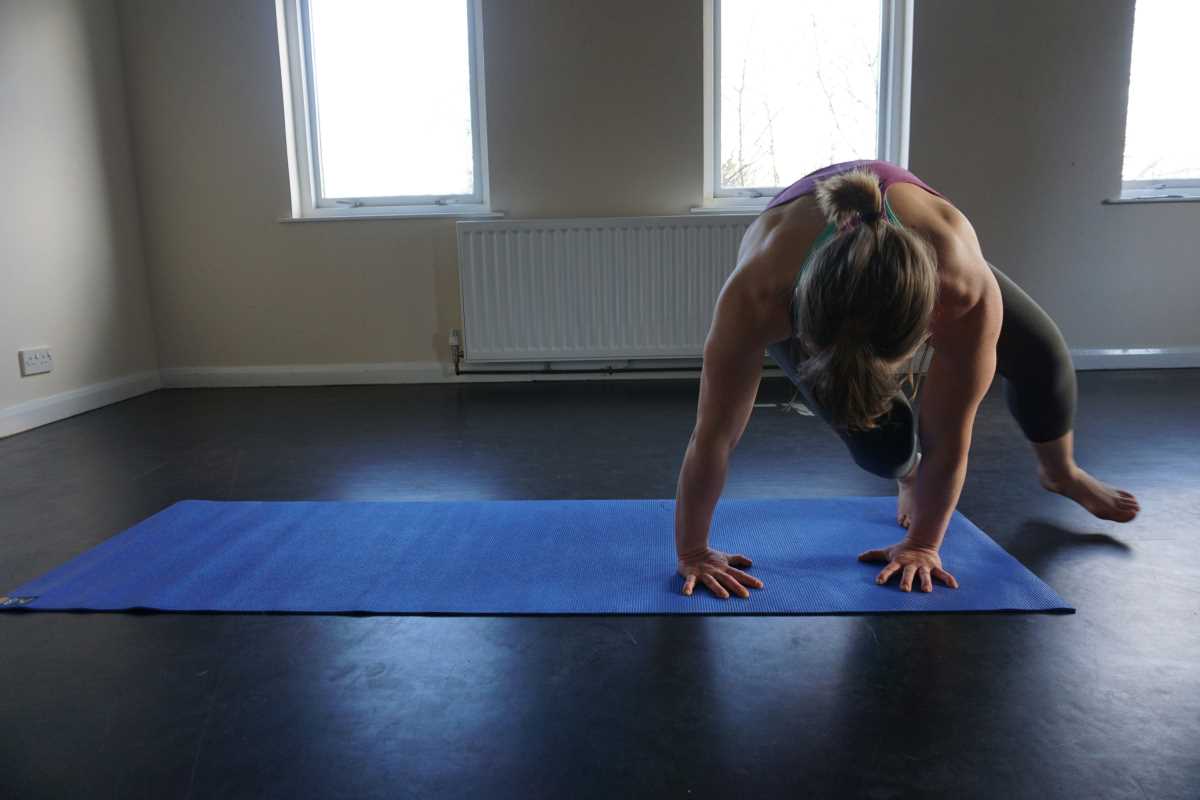Quality sleep plays a crucial role in strengthening your memory and improving your ability to concentrate throughout the day. When you follow a sleep routine that truly matches what your body requires, you may find it easier to think clearly, recall details quickly, and stay alert from morning until night. Even small changes to your nightly habits can lead to noticeable improvements in how you process information and handle daily tasks. Discover seven straightforward tips for creating better sleep habits that support both memory retention and daytime focus, helping you make the most of each day with a refreshed and attentive mind.
Each tip connects directly to how your brain stores new information and stays alert. You’ll find simple steps, actionable advice, and unique twists you won’t see in every guide. Implementing these habits can feel surprisingly easy once you see the payoff.
Understanding Memory and Focus
Your brain handles two major tasks while you sleep: cementing memories and resetting energy levels. Here’s a quick look at how that works:
- Memory Consolidation: During deep sleep, the brain replays the day’s events, turning short-term memories into long-term storage.
- Brain Restoration: REM sleep clears out chemical waste and restores neurotransmitter balance, so you feel mentally fresh in the morning.
- Attention Regulation: Maintaining a consistent sleep pattern trains your internal clock, making it easier to concentrate on tasks.
Boosting both memory and focus begins with adopting clear sleep hygiene steps. Each practice adds another layer of support for your brain’s nightly maintenance.
Practice 1: Consistent Sleep Schedule
Going to bed and waking up at the same time every day keeps your body’s natural clock running smoothly. That regularity makes it easier to fall asleep and wake up feeling refreshed.
- Pick a Bedtime and Wake Time: Choose hours that allow you to sleep 7–9 hours each night.
- Use Gentle Alarms: A soft chime helps you wake up gradually without startling your brain.
- Stick to It: Even on weekends, aim for no more than an hour’s difference in your schedule.
- Track Your Progress: A sleep app or journal helps you observe patterns and adjust accordingly.
Practice 2: Optimized Sleep Environment
Designing a bedroom that feels like a sleep haven sends your brain a clear message: it’s time to rest. Dimming lights, reducing noise, and choosing the right mattress all improve your sleep quality.
Use blackout curtains to block street lamps. Replace your phone with a simple alarm clock to keep screens out of sight. If your space becomes too quiet, a gentle fan or white-noise machine can mask sudden sounds without disrupting deep sleep.
Practice 3: Limiting Screen Time Before Bed
Blue light emitted from phones and tablets tricks your brain into thinking it’s daytime, delaying the release of sleep hormones. Give your eyes a break at least 60 minutes before bedtime.
Instead of scrolling social media, pick up a paperback or listen to relaxing music. If you must use a device, try blue-light–blocking glasses or turn on night mode to reduce harsh tones.
Practice 4: Mindful Pre-Sleep Rituals
Tell your brain that bedtime is coming by following a consistent winding-down routine. Calming activities help lower stress and prepare your mind for memory consolidation later.
Try gentle stretches, deep breathing exercises, or jotting down tomorrow’s tasks so your mind stops replaying them. Choose one ritual and do it every night—your brain will learn to associate it with sleep.
Practicing sleep hygiene practices regularly during your wind-down routine helps your brain develop a strong nightly habit.
Practice 5: Daytime Activity and Exposure to Natural Light
Spending time outside in the morning or midday sunlight strengthens your circadian rhythm. That helps you feel alert when needed and sleepy when it’s time to rest.
A short 10-minute walk around the neighborhood can boost your alertness and mood. If you work indoors, open a window or position your desk near natural light. The more you align with daylight patterns, the smoother your sleep cycles become.
Practice 6: Diet, Hydration, and Caffeine Management
What you eat and drink influences your memory and focus. Eating heavy meals close to bedtime forces your body to work harder during sleep, while dehydration can cause you to wake up during the night.
Choose light snacks if you get hungry before sleeping. Sip water throughout the day but reduce fluids an hour before bed. Finally, avoid caffeine after noon to prevent trouble falling asleep.
Practice 7: Stress Reduction Techniques
High stress levels increase cortisol, which can keep you awake when you want to relax. Including relaxation methods in your evening routine can ease this tension.
Try a quick body scan meditation, guided imagery, or listen to a calming podcast. These practices quiet racing thoughts and help your brain prepare for deep sleep that enhances memory.
Improving sleep hygiene takes effort, but it enhances focus and memory. Begin with one habit and add others gradually to see clearer thinking and fewer midday slumps.
 (Image via
(Image via.jpg)





